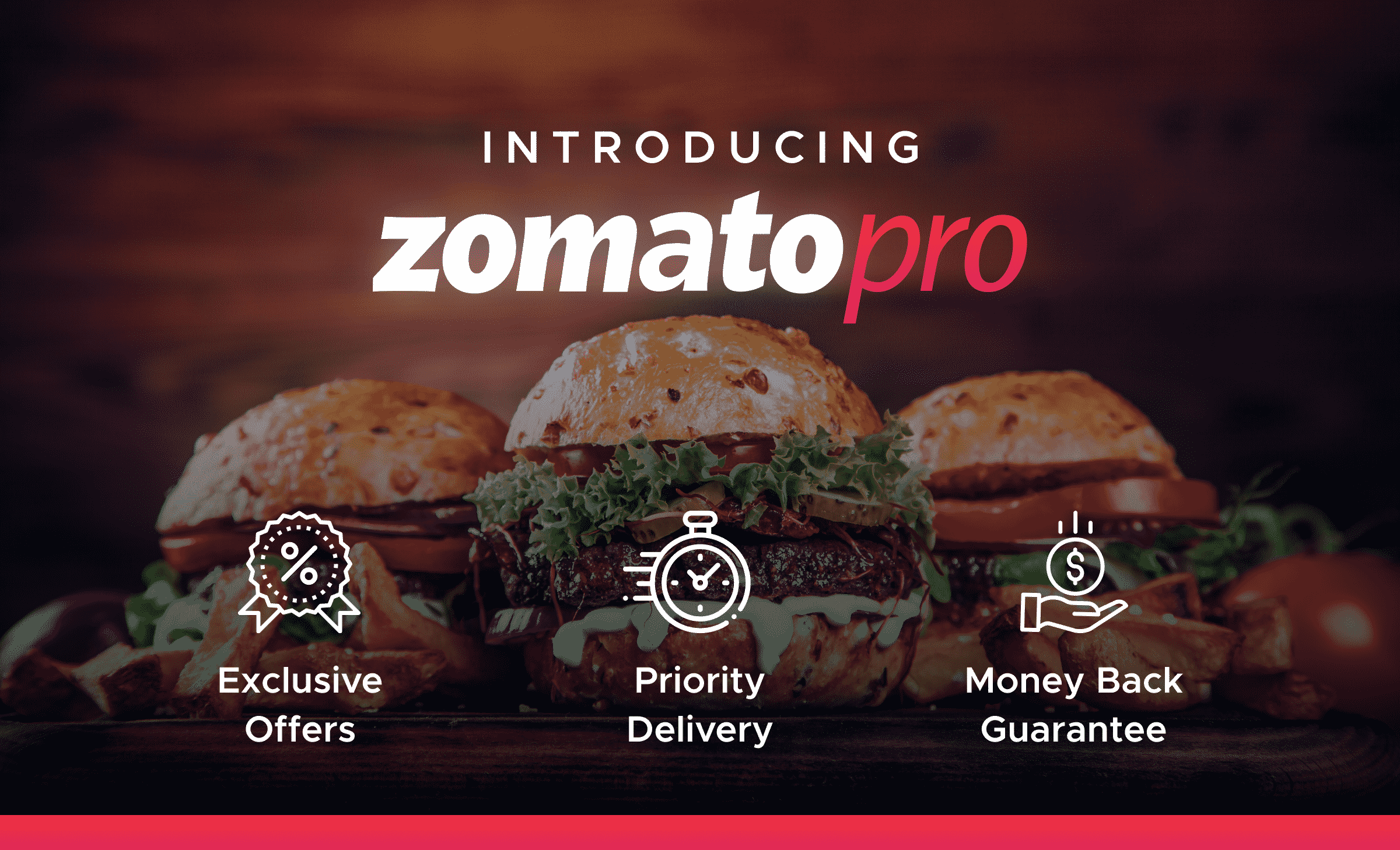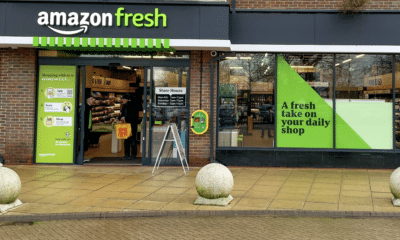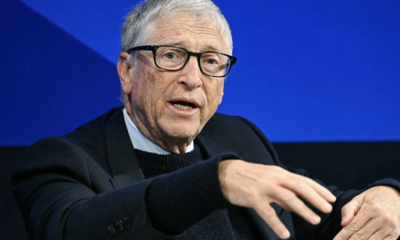E-commerce
Zomato raises $250 million from new investors Tiger Global and Kora Capital
Zomato has collectively raised $250 million from its two new investors, Tiger Global and Kora Capital, as well as from Temasek, an existing investor. This is part of an ongoing funding round which values the food ordering and restaurant discovery platform at about $3 billion.
According to various reports, the new round of financing, led by the US and Singapore-based financial investors, comes amid uncertainty surrounding the India strategy of its prominent backer – China’s Ant Financial, which is Alibaba’s sister company. If Zomato can revive its pre-COVID business volumes, Tiger may pump in an additional $100 million. And Temasek has invested $60 million; Tiger and Kora have put in $100 million each.
Sources said the New York-based Tiger is one of the most prominent investors in Indian startups. For Kora, once the Zomato deal is completed, it will be its maiden venture. In 2019, Kora invested $125 million in financial services conglomerate Edelweiss, marking its entry into India.
Also read: Business environment deteriorates for Chinese brands in India, as Boycott China stays in play
Zomato has been closely following India-China souring relations and has been diversifying its investor pool. The changing stance can also see this of Chinese investors such as Ant comes amid a wave of anti-China sentiment taking over India and globally as well. Moreover, India’s new FDI rules which were introduced in April, require regulatory approval for any investment from a country that shares a land border with the country.
Also read: Small warehouses in demand as e-commerce assures same-day deliveries to consumers
According to ET, Zomato’s spokesperson said improved unit economics over the past 12 months, and the strong recovery of the food delivery business, at 80 per cent of pre-COVID levels, the company is evaluating if going public would make sense for their business in the near future. Zomato, for the financial year ended March 31, said revenue more than doubled to $394 million. Its losses also widened to $293 million from $277 million in the previous fiscal year. For April and May 2020, COVID-19 hit volumes severely touched a low of 10 per cent of peak numbers. Order volumes have recovered with customers ordering food online, spending 25 to 30 per cent more per takeaway.










































